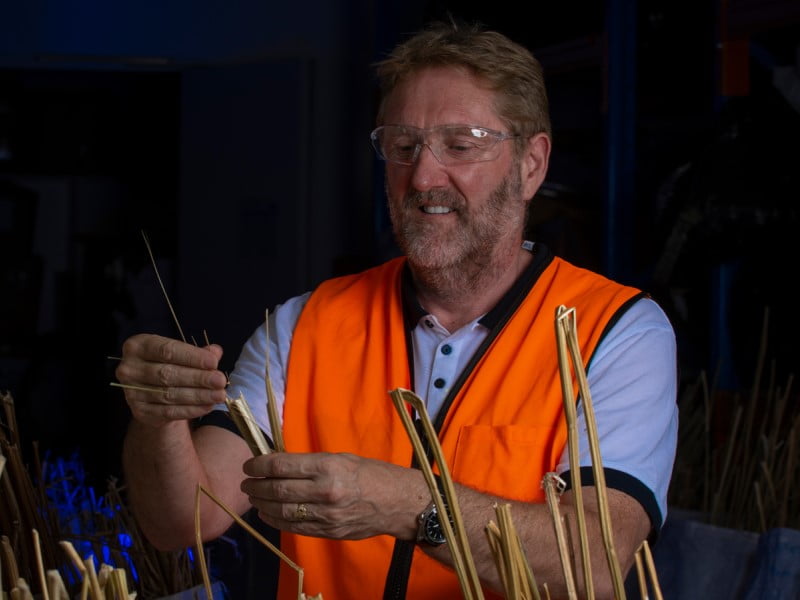A Deakin University-led partnership is creating a $16.4 million ‘BioFactory’ accelerator project for recycling food waste, agricultural waste, and marine by-products.
The Victorian Government is contributing $10 million to the Circular Economy Accelerator-Organics (CEA-O) project through the $350 million Victorian Higher Education State Investment Fund. The partnership also includes 20 industry partners, Monash University, and RMIT University.

As part of the project, a so-called BioFactory will be established at Deakin University’s Waurn Ponds campus in Geelong. This infrastructure will pilot and test processes that recycle organic waste into usable products like protein-rich feed, nutritional ingredients, fertiliser, cosmetic ingredients, and biomaterials for medical and textile applications.
CEA-O was launched by the Victoria’s Minister for Higher Education, Training, and Skills Gayle Tierney, who said the project would not only help secure a sustainable future for the state, but also ensures it “remains at the forefront of job creation in the clean energy industry.”
The Victorian government estimated the project would create ten research, engineering and construction jobs with a further 130 in manufacturing.
Victorian Minister for Energy, Environment, and Climate Change Lily D’Ambrosio said the state’s circular economy strategy would not only transform its approach to waste and resource recovery, but will also “deliver better environmental, social, and economic results.”
The delivery of advanced biomanufacturing capability at Deakin is being supported by improved food, water, and biosolids processing facilities at RMIT, and product, process quality, and analysis capabilities at Monash University.
According to program lead Professor Colin Barrow, Deakin’s Industry Transformation Training Centres for Green Chemistry in Manufacturing and for Transforming Biosolids will be linked under the initiative. Further, the Marine Bioproducts Cooperative Research Centre has come on board to build supporting infrastructure.
Deakin University vice-chancellor Professor Iain Martin said the University was supporting Victoria to become an organic waste recycling innovation leader.
“This is a significant partnership between three universities who are working closely with industry partners to deliver new waste and recycling solutions – an important step towards establishing a multi-billion dollar bioeconomy for Victoria,” Professor Martin said.
“We are excited to be partnering with Monash and RMIT, as well as more than 20 industry partners, to provide an environment for the creation of sustainable products from food waste, organic farm waste and other biomaterials.
“This is a unique collaboration, and we are delighted at the positive contribution we can make to the Geelong community and beyond.”
According to the state’s emissions reduction pledge, the waste sector produces around 3.1 per cent of the state’s carbon dioxide emissions, of which 66 per cent is produced from landfill sites. Between 2020-30, the state aims to reduce the volume of organic material sent to landfill by 20 per cent by 2025, and at least 50 per cent by 2030.
From July 1, oversight of the waste sector will be undertaken by a new government agency called Recycling Victoria, which is a part of the Department of Environment, Land, Water, and Planning. Its work will be guided by a $380 million policy and action plan.
Do you know more? Contact James Riley via Email.

